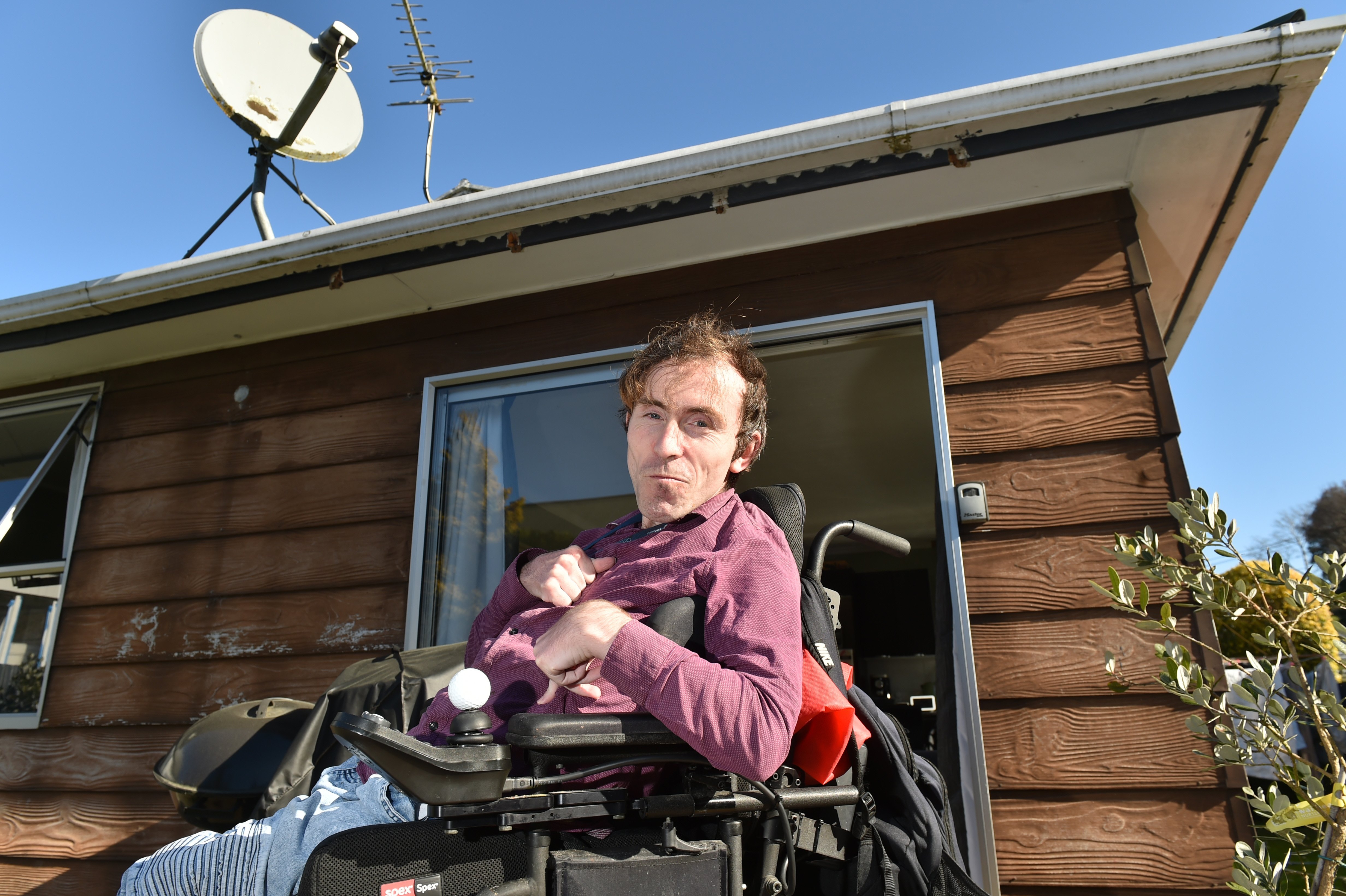
Late last week, North East Valley resident Joshua Perry received a letter from the Dunedin City Council advising him that his water would be shut off from 9am to 4pm yesterday for Three Waters upgrades in North Rd.
Mr Perry, who has cerebral palsy and is in a wheelchair, said this was not enough time to organise alternative arrangements.
"This means I have to give up my life for a day. It means I can’t work on my business. The council should be giving people at least three weeks’ notice for disruptive work like this."
It was an inconvenience for able-bodied people, but for some people with disabilities, it was life-altering, even if it was just for one day, he said.
While not ideal, Mr Perry could organise going to his parents’ home in Portobello on relatively short notice. However, not everyone with disabilities would have that kind of support.
"There should be alternative accommodation - and we need more notice, so that we’ve got time to come up with arrangements."
Something such as an app or text straight to your phone advising when your home would be affected by works would also be a massive help to people living with disabilities, he said.
With the upcoming election, Mr Perry hoped procedural issues such as this would be focused on by council candidates.
"This needs to be at the forefront of their minds when they’re talking about infrastructure spending as well."
A council spokesman said they acknowledged Mr Perry’s concerns and said his feedback would be taken on board.
"The DCC aims to give a minimum of two to five days’ notice - and more where possible - while striking a balance between giving enough time to residents to plan ahead, but not so much advance warning that residents forget and are caught unawares when work starts."
He said the amount of warning the council could give also depended on contractors’ progress on work sites, which could be disrupted by unexpected project complications or weather-related disruptions.
"We are already trialling a text-based service for some projects to alert residents about upcoming outages, and we recognise the importance of communicating with residents in a range of ways."












